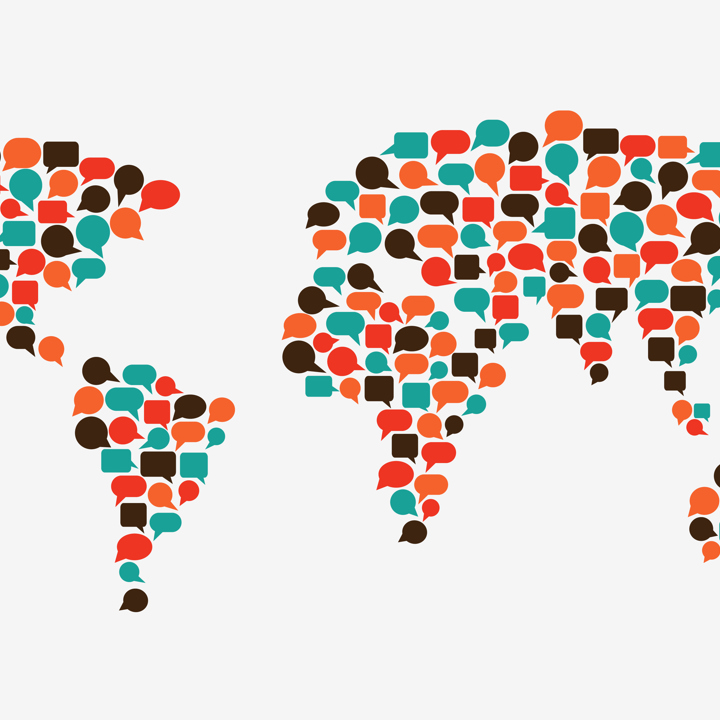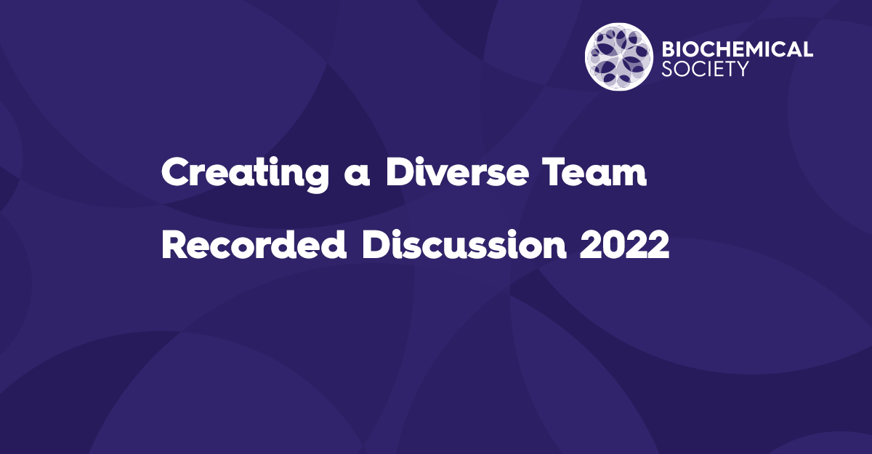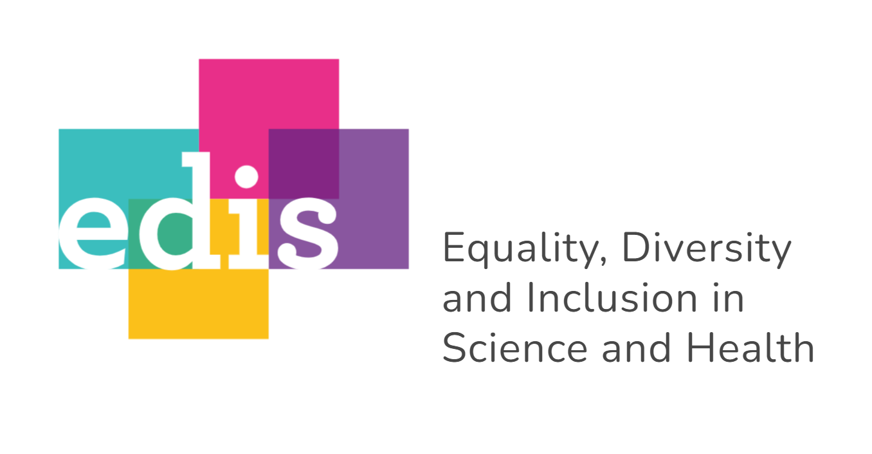
EDI Toolkit
Our EDI Toolkit provides and signposts a range of EDI-related content, to be used as a non-exhaustive resource by our community.
If you have any suggestions for information that could be incorporated, please contact our EDI team, who will be delighted to hear from you.
Please note that some of the content in this toolkit refers to stereotypes, discrimination and sensitive language.
The importance of EDI
Following the establishment of our EDI Advisory Panel in 2020, we've placed EDI considerations at the heart of our strategy, underpinned by our Manifesto for Change.
As a member organisation of both the Royal Society of Biology (RSB) and Equality, Diversity and Inclusion in Science and Health (EDIS), we are continuing work to create an accessible and inclusive environment for all.
We believe that equality, diversity and inclusion in the molecular biosciences is essential to the production of high-quality research and innovation; a diverse array of perspectives and experiences produces the most effective results.
In support of this, we've created a number of internal resources, which we share here, and have signposted others that we also reference in our work.
EDI Toolkit
Since its inception in October 2020, our EDI Advisory Panel has produced three guidance notes, which are used within the organisation to help support inclusive practices in particular areas of our operations.
We offer EDI-related support through several schemes. Some of these are for our members, others are open to all. Find out more about eligibility and full terms and conditions.
Ableism – discrimination against people who have a disability.
Ageism – prejudice or discrimination on the grounds of a person's age.
Bisexual – a person who has romantic and/or sexual feelings towards more than one gender. People who identify as bisexual may also identify as pan, queer, and more non-monosexual or non-monoromantic identities.
Bullying – can be described as unwanted behaviour from a person or group that is either offensive, intimidating, malicious or insulting, and/or an abuse or misuse of power that is meant to undermine, humiliate or cause physical or emotional harm to the recipient(s).
Cisgender – a person whose gender matches the body they were born with.
Cisnormativity – the belief or suggestion that cisgender people are normal or right and others are not.
Classism – treating people differently because of their social class or perceived social class.
Direct discrimination – treating someone with a protected characteristic less favourably than others.
Diversity – the fact of many different types of people being included; a wide range.
Embedding – in the sense of this toolkit, we mean the incorporation of EDI as a part of daily practice, in all areas of an organisation.
Ethnic minority/minority ethnic – racial/ethnic groups that are a minority within a certain population.
Equality – having equal opportunities and rights, being treated fairly and being able and supported to reach your potential.
Equity – everyone being treated fairly according to their needs.
Gay – sexual or romantic attraction to people of the same gender.
Gender identity – how an individual perceives their gender. This may not be the same as their sex assigned at birth.
Global Majority - this shortened term of 'people of the global majority', refers to those who are black, Asian, dual heritage, or indigenous to the global south that have previously been described as ‘ethnic minorities’. https://www.ncvo.org.uk/news-and-insights/news-index/why-language-matters-in-building-belonging/
Harassment – unwanted behaviour that violates someone’s dignity or creates an intimidating, hostile, degrading, humiliating or offensive environment for that person.
Heteronormativity – the assumption that heterosexuality is the norm.
Indirect discrimination – putting rules or arrangements in place that apply to everyone, but that put someone with different characteristics at an unfair disadvantage.
Inclusion – the practice or policy of providing equal access to opportunities and resources for people who might otherwise be excluded or marginalised.
Institutional bias – prejudice and stereotypes that lead to resources, policies and the practice of institutions benefitting some individuals and/or groups of people above others.
Intersectionality – the interconnectedness of different characteristics that people possess.
Lesbian – a woman who has romantic/sexual feelings towards women. Some non-binary people may identify with this term.
LGBTQIA+ – an inclusive acronym incorporating a variety of sexualities and gender identities.
Non-binary – people whose gender identity is not simply male or female.
Performative - this term can be used when the motives behind EDI efforts are done to only appear more inclusive rather than resulting from a genuine want to be inclusive and progressive to a particular cause or goal.
Pronouns – words used to reference a person’s gender, e.g., he/she/they
Psychological safety – where a person feels safe and included, without the worry of being embarrassed or discriminated against.
Sexual orientation – the fact of someone being sexually or romantically attracted to people of a particular gender or more than one gender.
Stereotype – a set idea that people have about what someone or something is like.
Tokenism – something that a person or organisation does that appears to support or help a group of people who are treated unfairly, but which is not intended to provide lasting or effective change.
Transgender – denoting or relating to a person whose gender identity does not correspond with the sex registered for them at birth.
Unconscious bias – social stereotypes about certain groups of people that individuals form outside their own conscious awareness.
Victimisation – the action of singling someone/some people out for cruel or unjust treatment.
- Action For Trustee Racial Diversity
- APPG Annual General Meeting 2024
- House of Commons Science and Technology Committee – Diversity and Inclusion in STEM
- NCVO – The Road Ahead 2023: Keeping up the pace on equity, diversity and inclusion
- Social Mobility Commission
- Access Guidelines - Groups and Centres (uea.ac.uk)
- AbilityNet Accessibility Resources
- AbilityNet Live!
- The Equal Group Education Hub
- Black In Plant Science UK
- BioSci Toolkit
- The Daphne Jackson Trust










